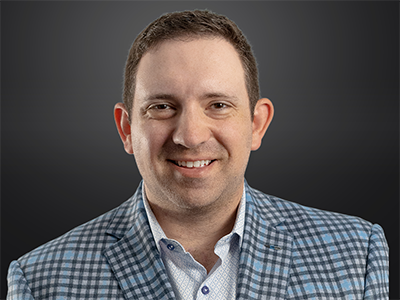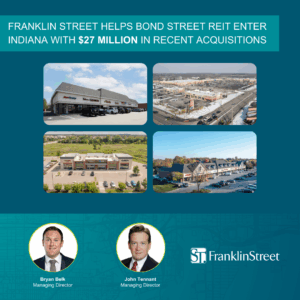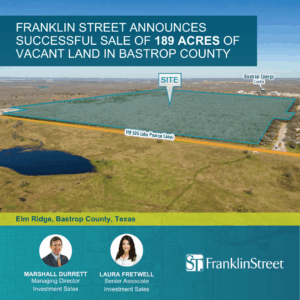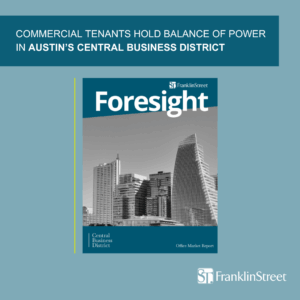Landlords focus on consumer convenience by signing healthcare tenants to fulfill demand for medical services and boost profitability.
Since the Great Recession, shopping center and mixed-use owners and
developers have become more amenable to alternative tenants. Over the past few years, it has become more common for to turn to healthcare tenants as the population ages and consumers seek more convenience. As more retail space has become available from traditional tenants shedding stores, a new wave of “medtail,” or healthcare tenants are now occupying— and seeking — space in traditional retail locations.
…
Greg Eisenman, senior director of Franklin Street’s Atlanta office, says one reason that healthcare tenants have come to retail properties more frequently is because they are now seen as high revenue drivers from a
landlord’s perspective. And healthcare tenants have been able to replace retailers that were negatively impacted by the rise of online shopping at either the same rental rate or sometimes higher.
“If you’re a landlord that runs an upscale retail concept or shopping
center, you’re typically going to be very discerning to attract people to
continue to come to the shopping centers and view it as a luxurious or high-end shopping destination,” says Eisenman. “These medical groups have found a way to present themselves and their brands in a way that these landlords have been enticed to jump in.”
…
Eisenman of Franklin Street says that elevated brand-focused medical users are coming into market more frequently as well. Examples of this include San Francisco-based One Medical, a same day or next day primary care company, and a New York-based dental group called Tend. Eisenman says the brands are looking to use technology as a way to differentiate themselves from more traditional medical tenants.
…
“Ponce City Market is not a project that people would think, ‘There must
be a medical group in the middle of the center.’ But One Medical opened a doctor’s office in the building on North Avenue, a couple doors down from Dancing Goats coffee. That to me is pretty impactful,” says Eisenman. “Healthcare groups are identifying traditional retail or food and beverage type shopping centers and going into those rather than being on the eighth floor of a medical office building.”




